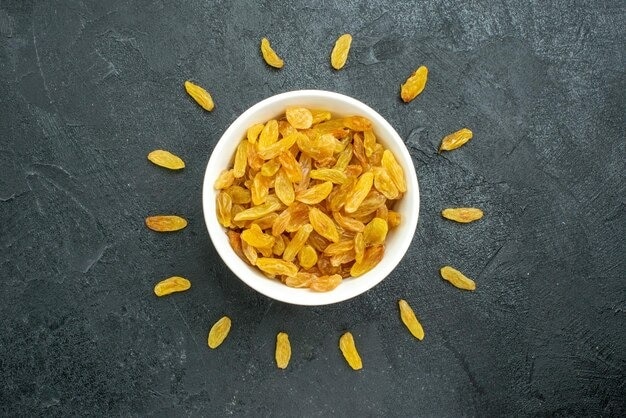Here are five key things to know about including raisins in a diabetes diet and their potential impact on blood sugar levels.
There are a lot of myths regarding what foods diabetics can and cannot consume. Another myth is that everything with sugar, even fruit, must be avoided at all costs. However, the truth is that raisins and a variety of other fruits are safe for people with diabetes. People living with diabetes- or anyone for that matter, should eat a balanced diet, which includes healthy portions of fruit. Still, it’s important to understand how raisins affect glycemic management. Here are five key things to know about including raisins in a diabetes diet and their potential impact on blood sugar levels.
5 Reasons Why Raisins Can be a Part of Diabetes-Friendly Diet
- Raisins are an essential source of nutrients, including dietary fibre, vitamins, minerals (potassium and iron), and antioxidants. These nutrients can offer health benefits for people with diabetes.
- Natural Sugar And Fibre: Raisins contain natural sugars, primarily glucose and fructose. However, their fibre content can slow down the absorption of sugars in the digestive tract, which may help prevent rapid blood sugar spikes after consumption.
- Portion Control is Crucial: While raisins can be part of a diabetes-friendly diet, it’s vital to consume them in moderation. Raisins are a calorie-dense and can impact blood sugar if consumed in excess portion control is key to managing high blood sugar levels effectively.
- Glycemic Index (GI): Raisins have a moderate to high glycemic index, which means they can cause a relatively quick rise in blood sugar levels. However, the presence of fibre can mitigate this effect to some extent. Pairing raisins with foods that have a lower GI can help reduce the overall glycemic impact.
- Antioxidants: Raisins contain antioxidants, including resveratrol, which may have a beneficial effect on insulin sensitivity and blood sugar control. These antioxidants can help protect cells from oxidative damage.

